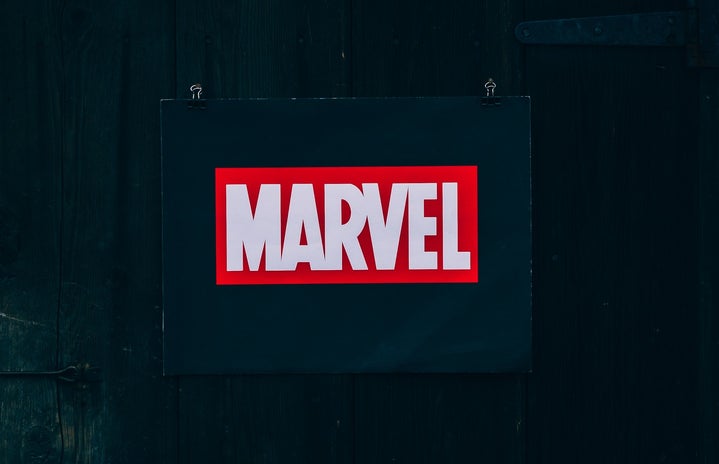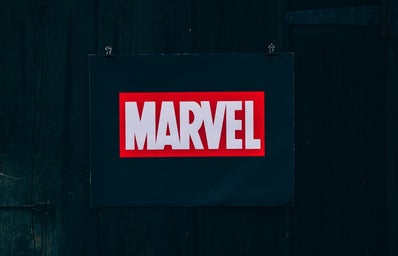The X-Men, an iconic American comic book team, features a diverse and ever-changing roster of mutants born with extraordinary abilities. Created in 1963 by writer Stan Lee and artist Jack Kirby, the team quickly became one of Marvel Comics’ most successful franchises. While it may initially appear to follow the typical superhero formula, the series has resonated deeply with minority groups in the United States for decades. Unlike superheroes who gain their powers through accidents or experiments, X-Men mutants are born with their abilities and are often visibly marked by them, making it impossible to hide who they are. This makes their struggle for acceptance particularly poignant as their very existence challenges societal norms.This aspect of the X-Men narrative is closely tied to Gail Weiss’s discussion on disability in “The Normal Abnormalities of Disability and Aging.” Drawing on Robert Murphy’s autobiography The Body Silent, Weiss argues that individuals with physical or cognitive impairments often experience a “stigmatized” or “contaminated” identity, as described by sociologist Erving Goffman. Murphy suggests that people with disabilities are perceived as disrupting the American dream, serving as reminders of societal inequities and vulnerabilities. As a result, able-bodied individuals may distance themselves from those with non-normative bodies as a way of managing their fears about the fragility of health and status. The mutants in X-Men, similarly stigmatized for their differences, reflect this broader struggle for recognition and acceptance, making the series a powerful metaphor for marginalized groups.
Some speculate that Stan Lee drew inspiration for Professor X and Magneto from Martin Luther King Jr. and Malcolm X, respectively, since the comic emerged during the U.S. Civil Rights movement. While there is no definitive proof of this connection, it is clear that the comic explores two contrasting approaches to activism: Professor X advocates for integration and coexistence, while Magneto, leading the Brotherhood of Evil Mutants, believes in a more militant response to protect mutants from human oppression. Magneto’s character, as a Holocaust survivor, embodies the deep trauma and distrust towards humanity reacting to persecution with the same intensity he once experienced. His story emphasizes the cyclical nature of violence and the complex dynamics of resistance born from injustice.
Some critics, such as Danielle Mueller in her symposium abstract, “Looking Beyond the Allegory: The True Depiction of Race in X-Men,” argue that the portrayal of minorities in X-Men is deeply flawed. She points out that while the series appears to promote diversity with its ethnically varied cast, it often downplays the cultural identities of minority characters. Instead it emphasizes the backgrounds of Caucasian characters, creating a narrative that values conformity over the diversity it claims to celebrate. For instance, characters like Storm, an African woman and one of the first major Black superheroes, are frequently depicted without much focus on their cultural heritage, reducing their identities to their powers.
Despite these criticisms, others believe that X-Men should not be taken too literally as an allegory. While the mutants’ struggle represents prejudice against minorities, the story is primarily designed to be engaging and exciting, serving as both a power fantasy and a way to illustrate the harm of prejudice to young readers. By using cool superpowers as the cause of societal oppression, the comic draws in young readers, especially those exposed to prejudiced views at home, and makes them empathize with the heroic X-Men and understand the injustice of discrimination. The series has been instrumental in helping readers identify with characters who are marginalized, fostering empathy and understanding.
Although the allegory may fall short under rigorous analysis, X-Men succeeds in conveying themes of oppression and prejudice while delivering an action-packed adventure that resonates with audiences of all ages. The series has provided a space in media for many to connect with characters and their struggles, reflecting their own experiences in meaningful ways. Whether it’s through the lens of race, disability, sexuality, or any other form of marginalization, X-Men continues to offer a powerful narrative about identity, acceptance, and the fight for a world where everyone can belong.


